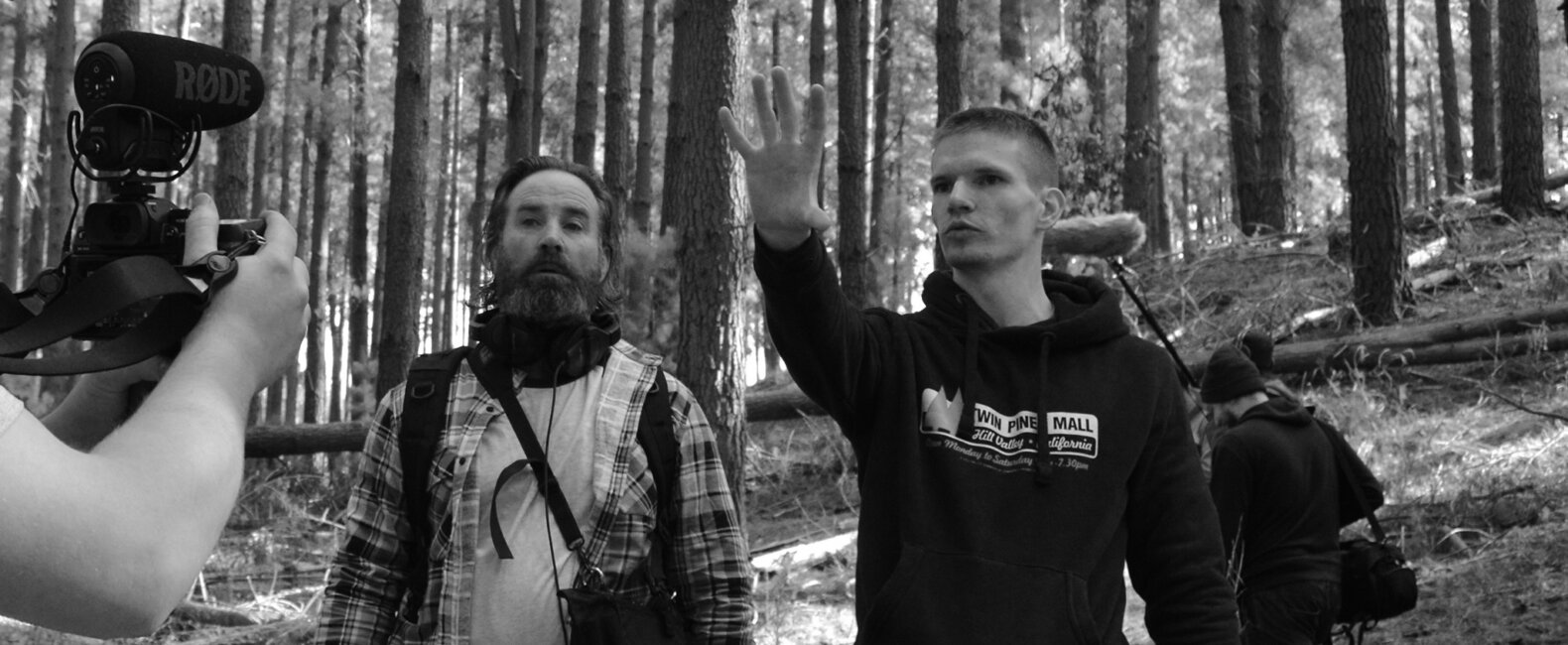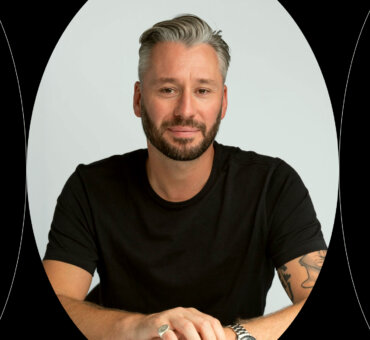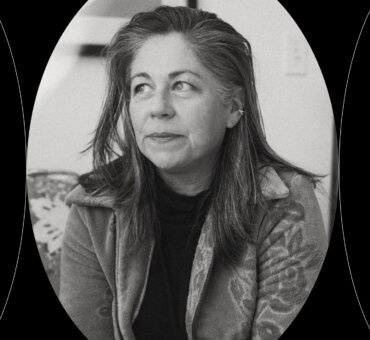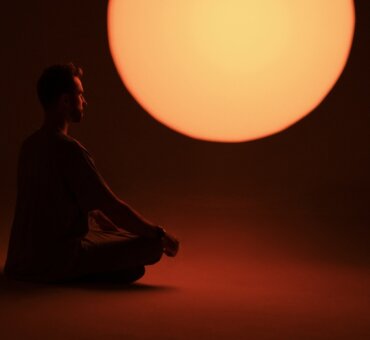Australian filmmaker Paul Thomas’ childhood passion for storytelling has blossomed into creating captivating film breakdowns for his ever-growing audience on YouTube and a debut feature film in 2023. Read his interview below to learn more about what keeps him inspired, his storytelling essentials, and how he utilizes Musicbed to find the perfect songs for his videos.
Musicbed: What sparked your passion for filmmaking/storytelling?
Paul Thomas: I saw Jurassic Park on VHS when I was around nine years old. My parents recorded the movie off the TV the night before because it aired past my bedtime. I just remember being so amazed at what I was watching—like witnessing a magic show. And like with any magic show, I immediately wanted to know how they did it. And I’ve been trying to figure it (filmmaking) out ever since.
What keeps you motivated and creatively inspired?
The drive to constantly improve my storytelling skills. As soon as I finish a project, I immediately want to make the next thing and use the lessons learned to make the next thing better.
Watching movies always lights a fire in me, too. You see these special movies and their special moments and you want to find a way to reach those heights in your storytelling. Music is such an integral part of my process as well. Many ideas I come up with come to me while listening to music.
What makes a story visually appealing? What role does music play in storytelling?
Motivation is what makes a story visually appealing. The motivation behind the movement of the camera, the framing, or the perspective. You can have a beautiful frame but if the story or the emotion of the moment doesn’t demand it, it risks being less impactful. And music plays a huge role in finding that motivation. It can guide your edit and inform the pacing of a scene or the emotion of the moment. Music and sound are half the experience.
What elements do you think are essential for crafting a compelling story?
Crafting a compelling story is about having characters you care about—like, truly care about. When I find myself falling into a story, I know I care about what happens to the characters I’m watching. And understanding their motivations for the decisions they make is super important to that. You don’t have to agree with them but you do have to understand why they do what they do. The space between moments should be filled with “because” instead of “and then”. Being a huge sports fan, I like to approach storytelling like a game of football. In sports, your enjoyment of a moment is dependent on your understanding of the rules and goals of the game. You can certainly get caught up in the action as an onlooker, but to truly feel the impact and emotion of these moments you have to understand the rules. That doesn’t mean you can’t break the rules, but the audience has to understand them before you can break anything. When you do it right, you get the climax of Star Wars: A New Hope or the ending to Se7en.
How important is music in your work?
I couldn’t do what I do without music. I’m not sure how I’d survive without music. Music is often the spine of my work. It guides the edit and the feel of my work. It determines the emotion of the moments and can be the difference between something working and completely missing the mark. Music inspires ideas and helps guide my thinking. The stuff I make would be a shadow of what it is without music.
What advice would you give other filmmakers/creators just starting their careers?
Make stuff for yourself. Don’t make things for anyone else but you; not your mate, not your mum. People within the filmmaking space often ask how they can stand out from those around them. Making things for yourself and your sensibilities is an immediate differentiator. And that’s guided me pretty well to this point. Don’t rob yourself of your unique voice by trying to appease those around you.
How do you balance pushing boundaries creatively and delivering what your client wants or audience wants to see?
Remaining true to your sensibilities is important, whether you’re making something for yourself or a client. Even if they have their vision, bringing your own experience and wisdom to that project is super important. In the end, it’s about both you and your client being on the same page from day dot and finding a place for the work that aligns with you both.
What is the most challenging aspect of being a filmmaker/creative?
Starting—whether that’s starting a project or starting your filmmaking journey. And then once you do make something, it’s about not being painfully critical of yourself. Acknowledge your mistakes but don’t dwell on them, use them as a learning experience; which is a great mindset, because even if you mess up, you’re still improving.
What’s your favorite project that you’ve worked on?
My debut feature film is my favorite project up to this point. There was something genuinely exciting about the terror of making something that big. In reality, our feature is on a much smaller scale than the studio films you see at the movies, but just going out and trying to make something so much bigger than anything I’d attempted before was exhilarating. And I’m very proud of what we were able to pull off. Another favorite of mine would have been my first “Mirrors in Movies” video. I was making that when it was just my friends and my mum watching and it was so fun to see it gain traction and witness so many people vibing to something I’d made. I’d never experienced that before.
How do you search for music on Musicbed? What are some tips that you’d give other filmmakers to search on Musicbed?
I use both the search page and playlists. I think starting with the mood and attributes of a song in search can go a long way to finding the right track. Starting with genre can limit what you can discover, I think. You might find a perfect track within a genre you may never have considered, so leave yourself open to that. Recently, I’ve started using the AI-based search and it’s completely transformed how I search for music on Musicbed. What may have taken hours now takes minutes and I’ve found tracks that are so in tune with what I was after I really couldn’t believe it. There are songs I’ve found through the AI search that I’m sure I wouldn’t have been able to find otherwise.
Why do you utilize Musicbed in your work?
Musicbed is a cheat code for creating work that feels so much more polished and impactful than it has any right to be. I don’t think I would have experienced anywhere near the success I have on YouTube without Musicbed. It allowed me to find my own voice and my own style and it is half the reason my videos feel the way they do. It’s the subscription I’m forever grateful I signed up for, some five years ago.
—
Explore Paul’s go-to music for his films in a curated playlist—only on Musicbed.





















































































